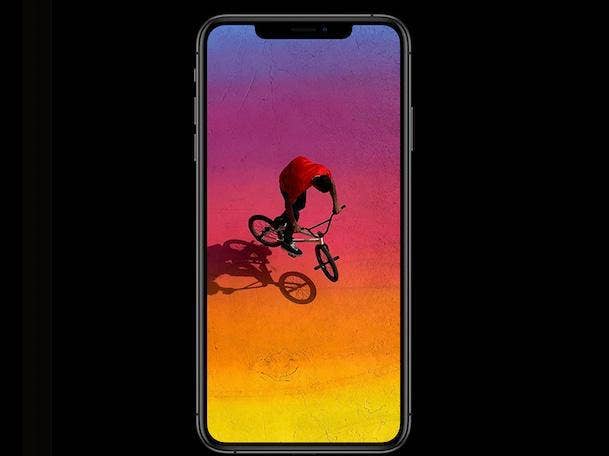Apple Takes Key Step Toward Developing Own iPhone Modems: Report

Apple is reportedly getting more serious about developing its own modems for the iPhone.
After Apple's relationship with former modem supplier Qualcomm fell apart, Apple began exclusively using Intel's cellular modems starting with the 2018 iPhone lineup.
[Related: Apple Infringes Qualcomm Patent, Federal Judge Says]
However, evidence has been mounting that Apple wants to develop cellular modems for the iPhone itself, starting with a December report in The Information on a modem project within Apple.
Now, according to a Reuters report, Apple has taken the additional step of shifting modem engineering from its supply chain unit—focused on component integration from external suppliers—into its own hardware division.
Apple has moved modem engineering under the direction of its senior vice president of hardware technologies, Johny Srouji, Reuters reported. Apple has also posted two open modem engineering positions, according to the report. Still, an effort by Apple to develop its own cellular modems "could take years," Reuters reported.
Apple did not immediately respond to a request for comment.
As Apple's website says, Srouji is focused on Apple's development of hardware components including custom chips. "Johny has built one of the world’s strongest and most innovative teams of silicon and technology engineers, overseeing breakthrough custom silicon and hardware technologies," Apple's website says.
Srouji has been with Apple since 2008, when he joined to head up development of Apple's first in-house processor, the A4, his biography on Apple.com reads.
Marco Nielsen, vice president of managed mobility services at Norcross, Ga.-based Stratix, noted that Apple "has a history of chip manufacturing, and bringing specific technology in-house."
"Their battles with Qualcomm and dependency on them or Intel, probably makes this financially viable," Nielsen said in an email to CRN. "This way they are also more in control of the product."
The move would be "very similar to what Apple did with their CPUs" that are used in iPhones and iPads, he said.
With 5G looming heavily and pressure from other device manufacturers that have announced 5G support, "this could be a good play for their 2020 device releases," Nielsen said—enabling Apple to offer a differentiator in the iPhone from "all the other vendors that use utilize the same Intel and Qualcomm chips."